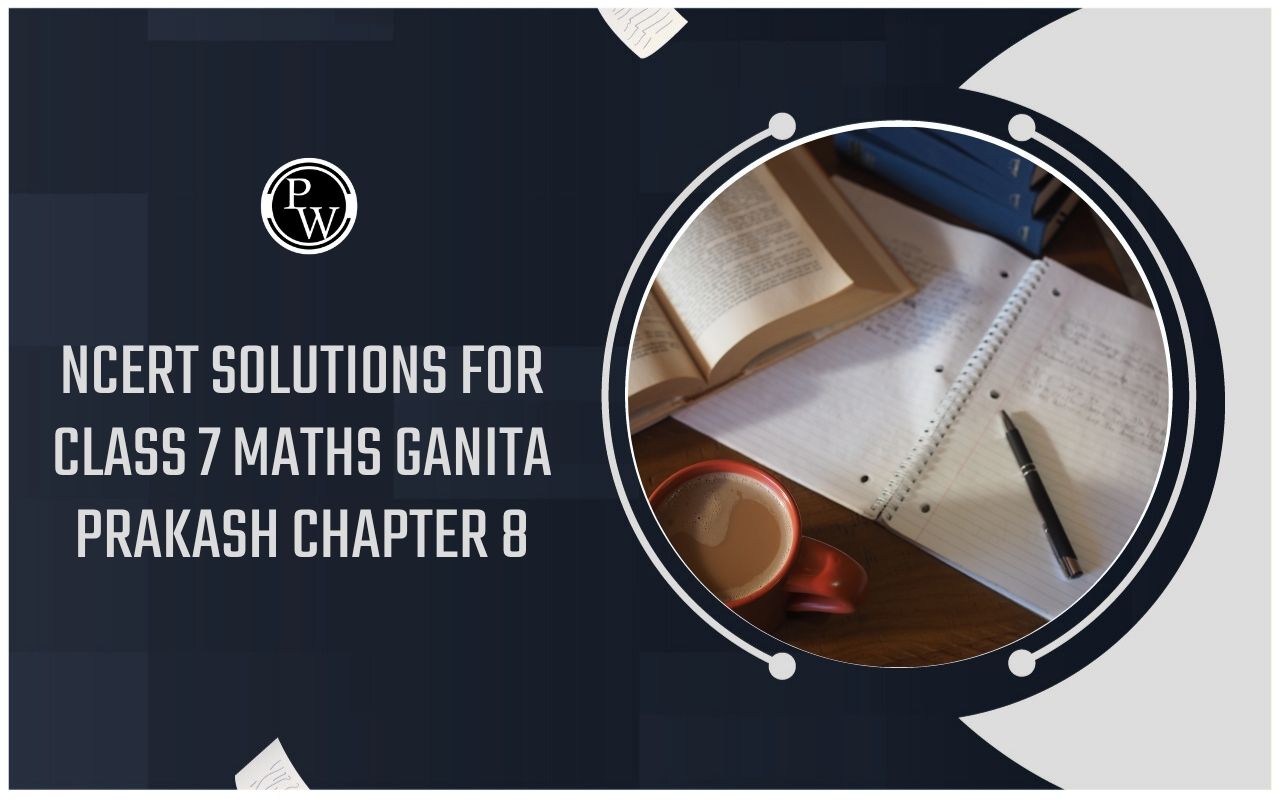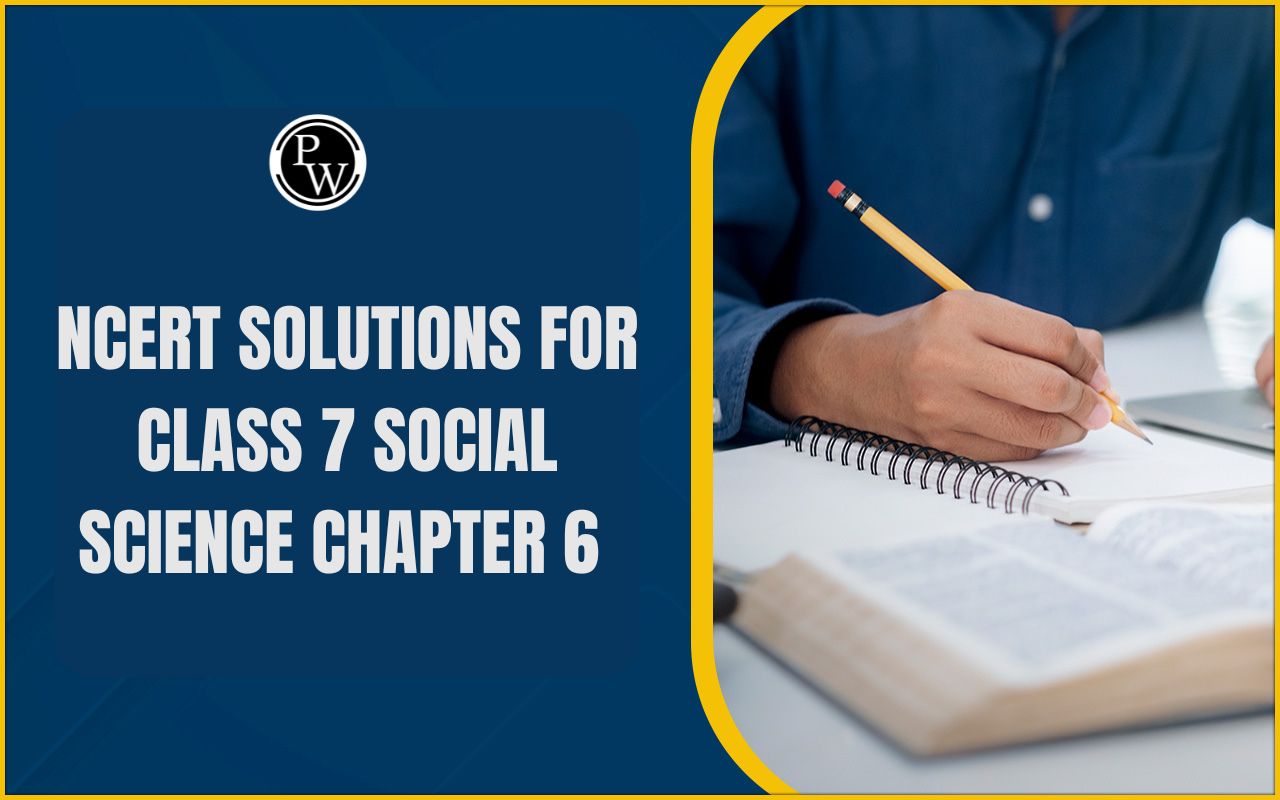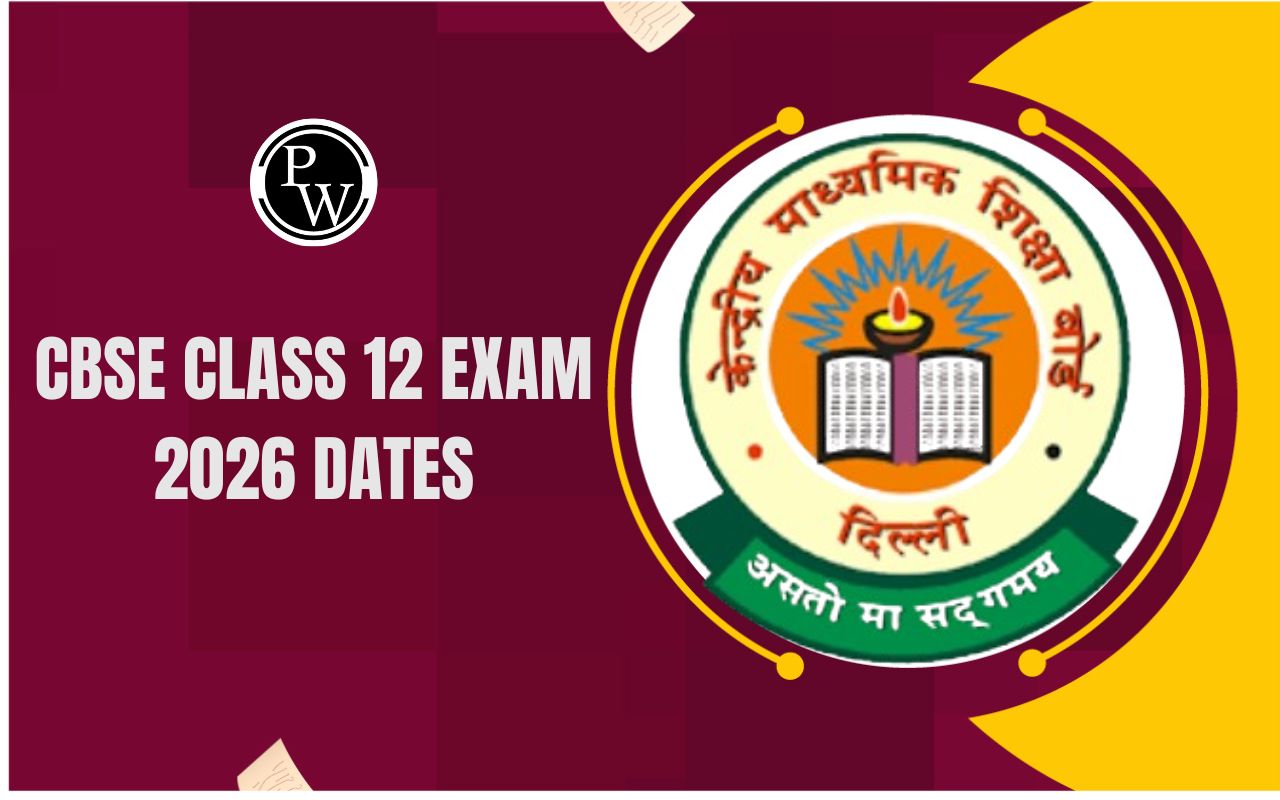

Have you noticed how some students understand things quickly while others struggle with the same chapters? It’s usually not about being smart; it’s mostly about focus. When you are preparing for board exams, staying concentrated can make a huge difference in how much you learn, remember, and revise effectively.
Social media, notifications, and other distractions make it harder, but a few simple habits can help you keep your mind calm and fully focused on your board exam preparation.
Simple Habits to Stay Focused
These are easy habits you can start doing today to improve your focus and make studying less stressful. By practicing them regularly, your mind will stay calm, alert, and ready to absorb more information.
1. Calm Your Mind with Meditation
Meditation can be boring, yet ten minutes quietly seated and breathing deeply before you begin studying can be very effective. It tells your brain that it's time to focus.
For instance, prior to immersing yourself in physics or mathematics, breathe deeply a couple of times to clear your mind so that you do not allow your thoughts to wander. By constantly practicing this, you'll be able to study for longer durations with less mental exhaustion.
2. Give Your Brain a Workout
Just as your body requires exercise, so does your brain. Puzzles, memory games, or doing rapid math in your head are good activities. Doing them every day can make a difference.
Sudoku, crosswords, and memory games keep your mind active and also improve your concentration when you are sitting to study.
3. Eat Right, Move a Bit
What you eat has a big impact on how sharp you feel. Nuts, fruits, and leafy greens are brain foods. Chips and fast foods are not. And drink plenty of water. Dehydration will slow you down.
And a short walk after studying can be beneficial too. If you are healthy, your brain functions better, and learning is easier.
4. One Thing at a Time
Multitasking does not benefit you if you want to master something. Attempting to study and text or browse your phone results in a bad outcome in all areas. Concentrate on one subject for approximately 40 minutes, and then break for five minutes. You'll get more done and comprehend better.
5. Sleep Like Your Brain Depends on It
You can't retain information without sleep. Shoot for seven to eight hours a night. A quick tip: scan your notes before you go to sleep. Your brain will encode them while you're sleeping, so it's less work for you when you need to recall later.
6. Catch Out Distractions
Get your study space ready before you start. Put your phone away in another room, shut down unnecessary tabs, and clean up your desk.
A tidy, peaceful space conveys one thing to your brain: study time. Students who do this tend to complete assignments quickly and comprehend the material better.
Enhancing concentration is not magic; it's habits. Meditating, brain games, healthy eating, sleeping enough, learning one thing at a time, and eliminating distractions all keep you on top of your game.
Practice these every day, and learning can become simpler, faster, and perhaps even enjoyable, particularly with board exams on the horizon.
FAQs For Staying FAQs
What if I am easily distracted?
How many hours should I study for optimal focus?
Can I use music to concentrate?
How can I motivate myself daily?
What is the best time to study?












